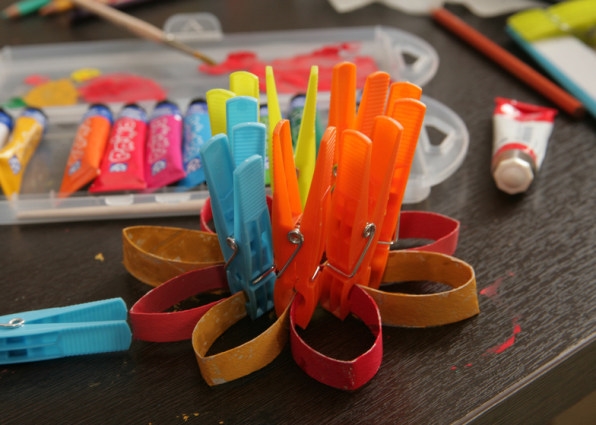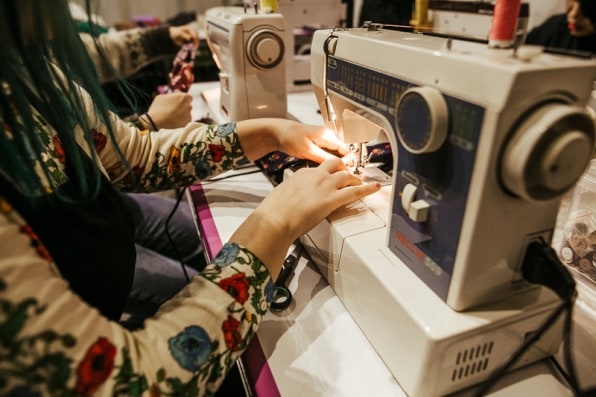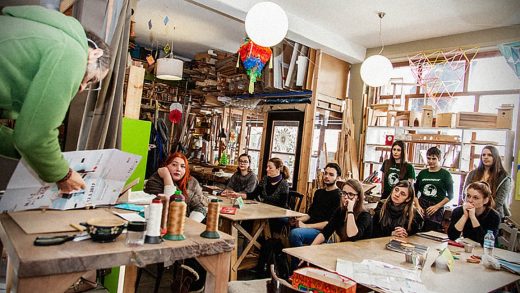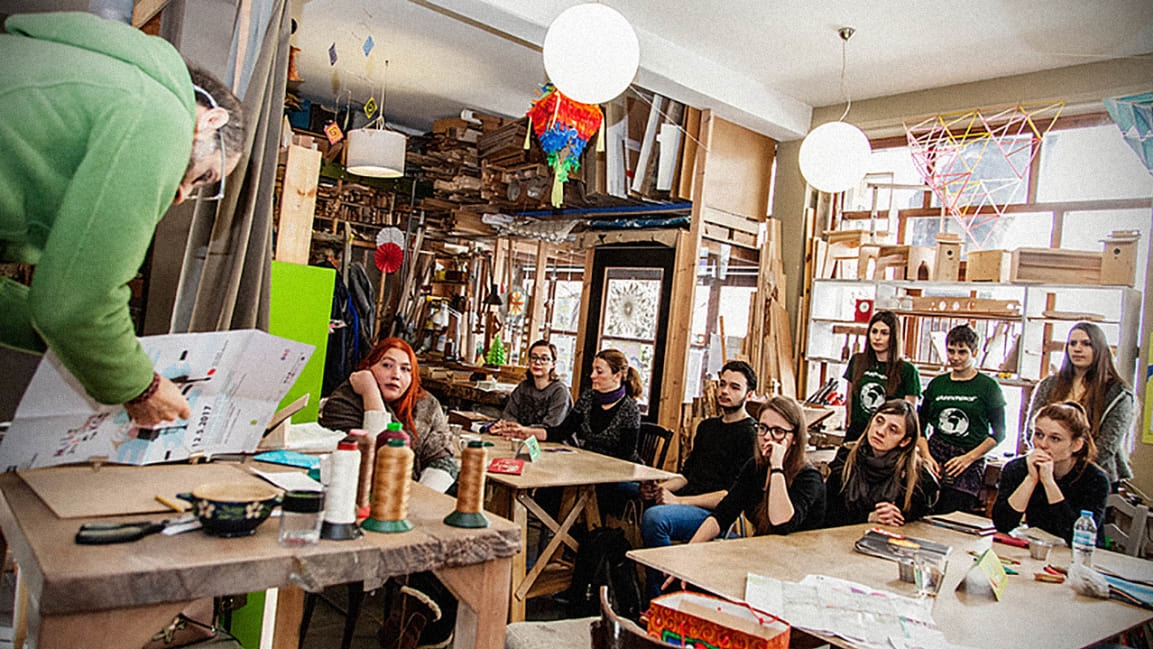Over Black Friday? Take a free class to fix your old stuff instead
If you’d rather not wait in line for hours on Black Friday or spend hundreds online on gadgets you don’t actually need, you can go to a workshop to learn how to repair your electronics or make a DIY holiday gift instead.
Make Smthng Week, a global festival run by a coalition of organizations in the maker community and Greenpeace, is hosting more than 250 events in 33 countries. It’s the second year for the festival.

A shift toward alternatives to consumption “is on the rise because people are getting fed up with and seeing through the idea of just buying short-term products that don’t last, and are made to be thrown away,” says Robin Perkins, who is working on the Make Smthng campaign for Greenpeace. It’s even spreading to the corporate world, where brands like Patagonia have launched initiatives to refurbish and resell worn clothes, rather than see them end up in the trash.

The anti-consumption event, which runs between November 23 and December 3, is designed to bring together people who run repair cafes–informal events where volunteers help anyone learn how to fix broken toasters or phones–with others who make their own cosmetics, upcycle furniture, or trade clothing instead of buying it. The organizers want to help the movement grow and become more mainstream as a way to help address the environmental and social impact of current consumption, from the carbon footprint of new electronics to plastic packaging in the ocean or underpaid workers making jeans or toys.
The campaign also aims to turn participants into activists in their own communities–petitioning for tax breaks for repair shops, for example, so that it becomes cheaper to make repairs, or supporting regulations that fight planned obsolescence, like the EU’s push for longer-lasting electronics.
“What we’re saying is that we should make the most of what we already own,” says Perkins. “The concept behind it is not just to make people feel depressed about consumption, but there’s a different way that we can consume.”
(12)



